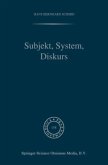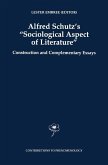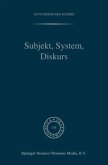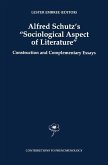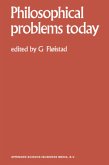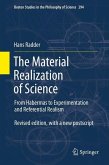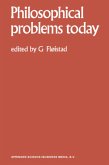This issue of Human Studies is dedicated to Alfred Schutz on the twen ty-fifth anniversary of his death. It also is meant as a fond and admiring salute to one of Schutz's most outstanding students and his intellectual biographer, Helmut R. Wagner, on the occasion ofhis eightieth birthday. The first paper, by Wagner himself, is the first of three that were presented at the session in honor of Alfred Schutz, which was chaired by George Psathas, at the annual meeting of the Eastern Sociological Society on March 9, 1984 in Boston. It is based on Wagner's intel lectual biography of Schutz, reviewed in this issue by David M. Ras mussen, and shows how Wagner found the main conceptual tools of this biography in Schutz's own theoretical work. The second paper, by Jonathan B. Imber, presents a fresh and far-reaching interpretation of Schutz's "The Well-Informed Citizen," and the third, by David M. Rasmussen, compares Schutz with Habermas, especially Habermas's most recent major work, Theory of Communicative Action. The dis cussion of these three papers by the present author tries to show that they all touch, despite differences in focus and perspec,tive, on a prob lem in Schutz's conception of phenomenology and social science. In Ingeborg Katharina Helling's essay, the relationship between Al fred Schutz and Felix Kaufmann, and thus the interplay between phenomenology and the positivism of the Vienna Circle, is analyzed.


